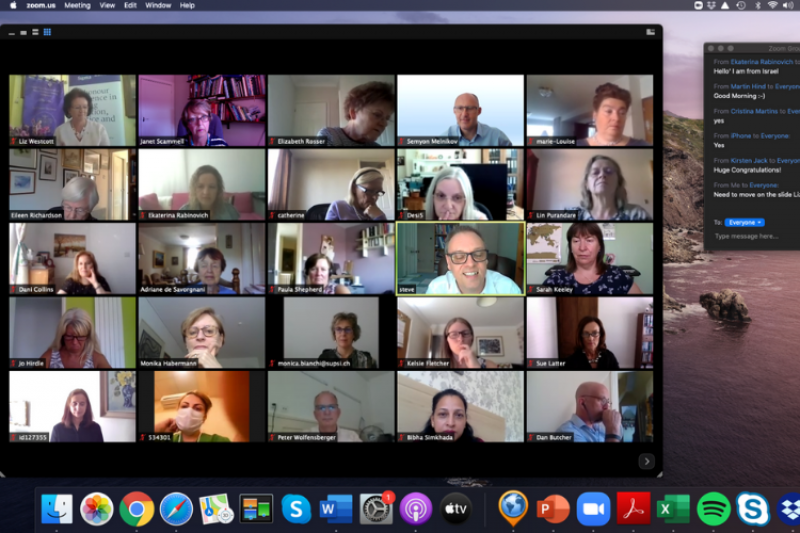In late August Heidi Singleton led the publication of a Cochrane Systematic Review under the title ‘Educational and psychological interventions for managing atopic dermatitis (eczema)’ [1].

The team conducting this review includes BU’s Prof. Steve Ersser, University Hospitals Dorset NHS Foundation Trust colleagues Dr. Andrew Hodder, former BU staff Prof. Vanessa Heaslip (currently at the University of Salford), and co-authors on a previous project, Dr. Dwayne Boyers from the Health Economics Research Unit at the University of Aberdeen.
In their review the authors conclude that in-person, individual education, as an adjunct to conventional topical therapy, may reduce short-term eczema signs compared to standard care, but there is no information on eczema symptoms, quality of life or long-term outcomes.
Group education probably reduces eczema signs and symptoms in the long term and may also improve quality of life in the short term. Favourable effects were also reported for technology-mediated education, habit reversal treatment and arousal reduction therapy. All favourable effects are of uncertain clinical significance, since they may not exceed the minimal clinically important difference (MCID) for the outcome measures used.
Finally, they found no trials of self-help psychological interventions, psychological therapies or printed education. Future trials should include more diverse populations, address shared priorities, evaluate long-term outcomes and ensure patients are involved in trial design.
Reference:
Singleton, H., Hodder, A., Almilaji, O., Ersser, S. J., Heaslip, V., O’Meara, S., Boyers, D., Roberts, A., Scott, H., Van Onselen, J., Doney, L., Boyle, R. J., & Thompson, A. R. (2024). Educational and psychological interventions for managing atopic dermatitis (eczema). The Cochrane database of systematic reviews, 8(8), CD014932. https://doi.org/10.1002/14651858.CD014932.pub2



